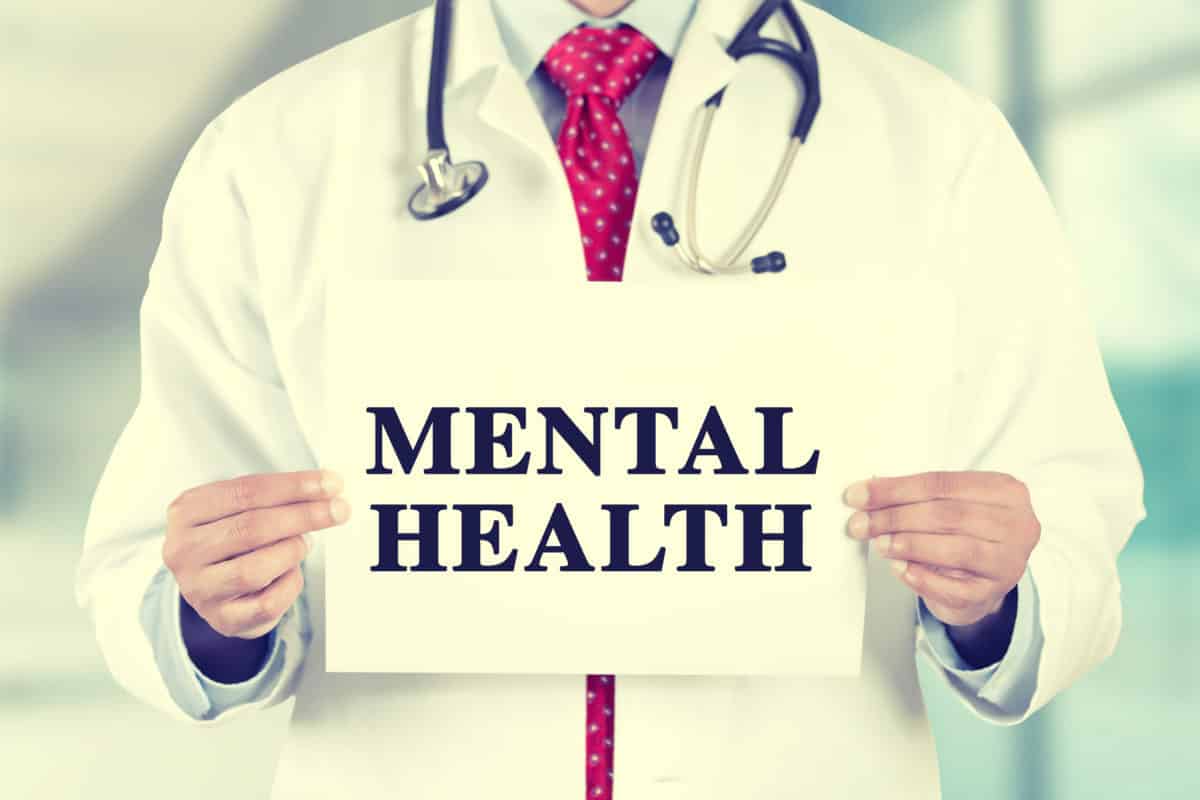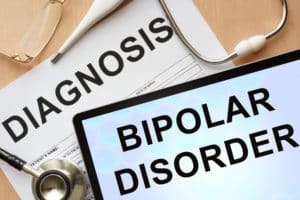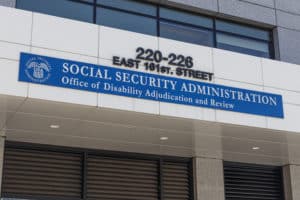Diagnosing mental illnesses can be tricky. Especially because a lot of mental problems share the same symptoms.
Take bipolar, and post traumatic stress disorder (PTSD) for instance. They are very different mental illnesses that share a lot of similar symptoms.
There are also instances where bipolar and PTSD can occur together. In this case, it is more difficult for medical professionals to sort the problem out.
In this article, we’re going to look at the question “am I bipolar or PTSD?” While only a medical expert can make an official diagnosis, the info here will at least give you a good overview of the issue.
Am I Bipolar or PTSD?
PTSD and bipolar share the following symptoms:
- Difficulty sleeping
- Having suicidal thoughts
- Low energy
- Depression
- Feeling worthless
- Racing thoughts
- Inability to maintain relationships
- Heightened emotions
- Inability to focus
Both mental illnesses can cause you to experience the symptoms above. However, there are different reasons as to why someone with bipolar and PTSD experiences this.
For instance, someone with bipolar disorder may experience lack of sleep because they are having a manic episode. On the other hand, someone suffering from PTSD may experience lack of sleep because of nightmares and flashbacks.
The Differences Between Bipolar and PTSD
So, how do medical professionals determine the differences between the two? And how do you know if you’re bipolar or experiencing PTSD?
Bipolar Disorder
First, let’s talk about bipolar disorder. In bipolar, genetics play a huge role. According to research, the brain of a bipolar person looks different than those who do not have bipolar.
When it comes to treatment, bipolar people are often given medication to help prevent or manage their manic or depressive episodes. These episodes can cause further damage to a person’s brain. It’s also recommended that those with bipolar participate in psychotherapy.
PTSD
When it comes to post-traumatic stress disorder or PTSD, the cause is different. PTSD often occurs after a person experiences a traumatic event.
The event must be life-changing or must have enough impact on a person’s life and psyche. However, the event is not the root cause of PTSD. Rather, it is the person’s perception of the event.
This means that not everyone who suffers from a traumatic event will develop PTSD. Natural disasters, childhood abuse, car accidents, sexual abuse are only some examples of traumatic events that can trigger PTSD.
When it comes to treatment, PTSD can’t be effectively treated by medication. The most effective form of treatment for PTSD is therapy.
More on Bipolar Disorder
This article is part of our guide to bipolar disorder treatments, symptoms, causes and more.
Check out the next topic in our guide, holistic treatment for bipolar.








